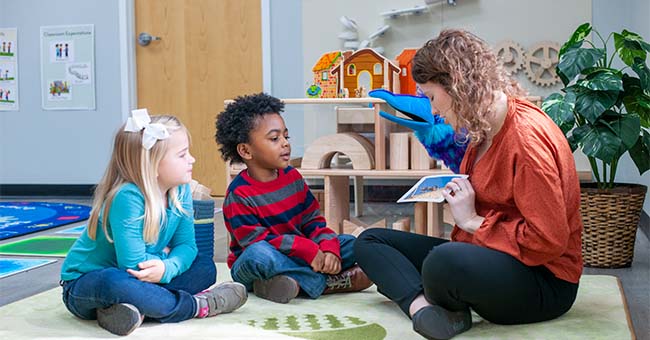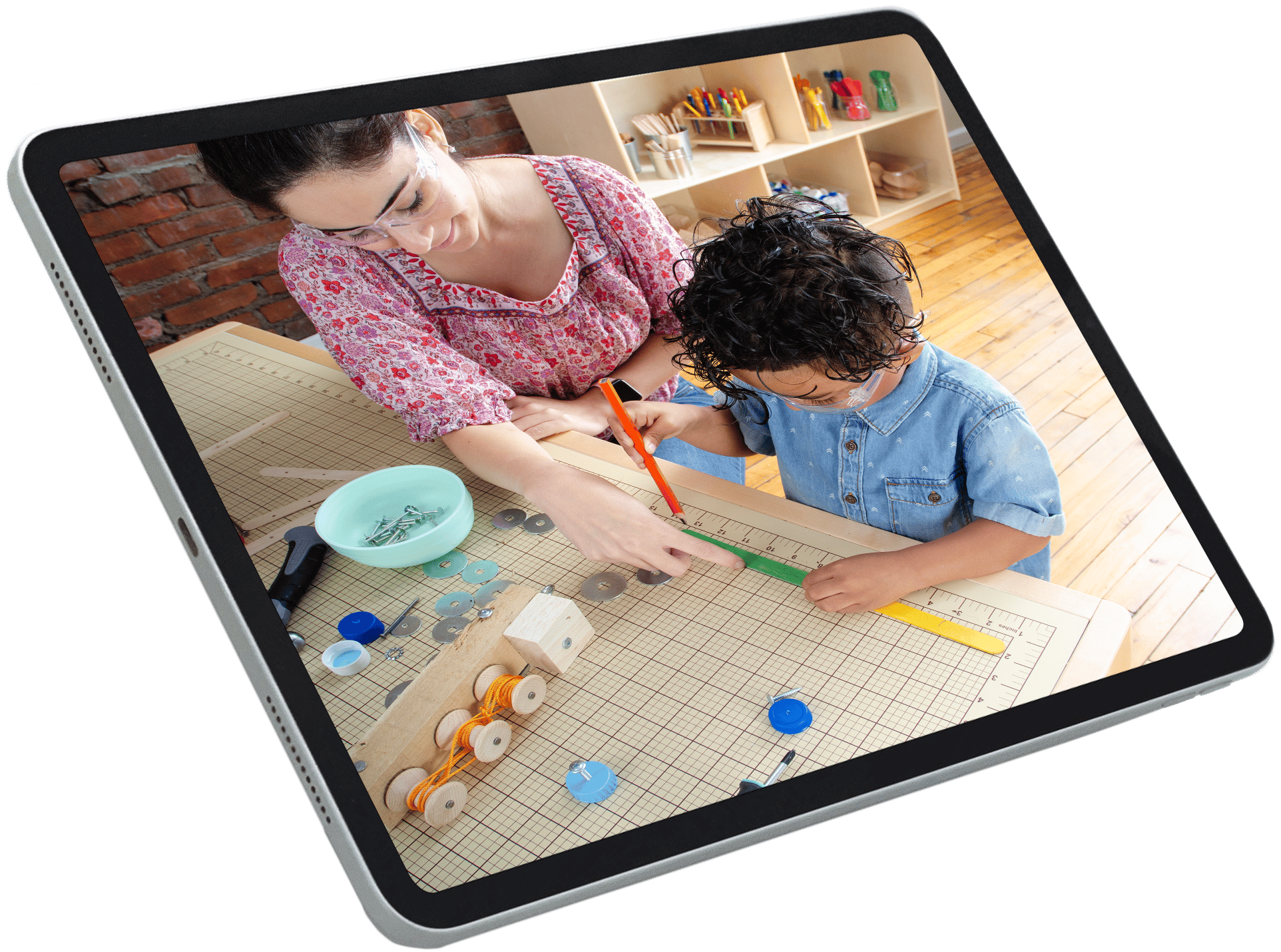
In the sixth installment of Dr. Tonia Durden's newest series Dear CRT, she highlights the importance of applying a cultural context to the assessment of children's knowledge and skills. Explore the rest of her series here.
Dear CRT,
Imagine the last time you took a high-stakes, on demand test. Was it the SAT? GRE? Teacher license exam? Drivers Test? How did you feel? Do you think the assessment provided an opportunity to truly capture the full range of your skills and knowledge? How accurate were the results? In early childhood, we all agree that assessing children's learning should be embedded in the curriculum and within children's natural learning environments. To document children's growth and development we collect multiple forms of data over the course of the year. Besides, the purpose of early childhood assessment is to gather important information about children's skills and knowledge in order to plan appropriate and responsive instruction.
Now that we've got early childhood assessment 101 out of the way, what does it mean to implement culturally relevant assessment? First, we take all the best practices that we know about quality early childhood assessment and then we apply a cultural context to these practices.
How so, do you ask?
The cultural context explores both addressing issues of equity and the implementation of culturally relevant assessment. For example, creating equity for Black and Brown children means creating assessments that are based on data (not our beliefs, -isms and expectations for these children) and are culturally meaningful.
Let's begin with the often dreaded four letter word: DATA
Teachers should collect multiple forms of data (anecdotal and observation notes, checklists, work samples) in multiple modalities (oral, written, curriculum embedded; caregiver surveys) by teachers, instructional leaders and families to truly capture the skills, knowledge and areas of need for children.
Assessments that rely on the collection of multiple forms of data is at the heart of CRT because it provides a firm foundation on which to build learning experiences.
Culturally relevant assessments:
- Includes the child's home language (including sign language)
- Includes multiple forms of data sources and is ongoing
- Captures the multiple literacies and modalities children bring (oral, dramatic, kinesthetic, non-verbal, written)
- Data is captured and documented professionally
- Implemented and interpreted by a team that includes at least one family member and another person who shares the child's culture and/or language
I do hope CRT teacher that as you consider your early childhood assessment procedures that you consider how you make culture and language the cornerstone of efforts to document children's knowledge and skills!
It is also important that I stress families should be an integral part of the assessment process for each child in your classroom. Therefore, stay tuned for the next blog in this series which focuses on culturally relevant family engagement!
Harambee,
Tonia Durden
About the Author
Tonia Durden, PhD, is a clinical associate professor of early childhood and elementary education and is a program coordinator at the Georgia State University College of Education and Human Development. She is also a co-author of the book Don't Look Away: Embracing Anti-Bias Classrooms.
Explore this Series
Dear CRT: Creating Culturally Relevant Classroom Environments
Dear CRT: Responsive Interactions
Dear CRT: Guiding and Nurturing Children
Dear CRT: Approaches to Learning
Dear CRT: How to Be Anti-Racist & Anti-Bias
